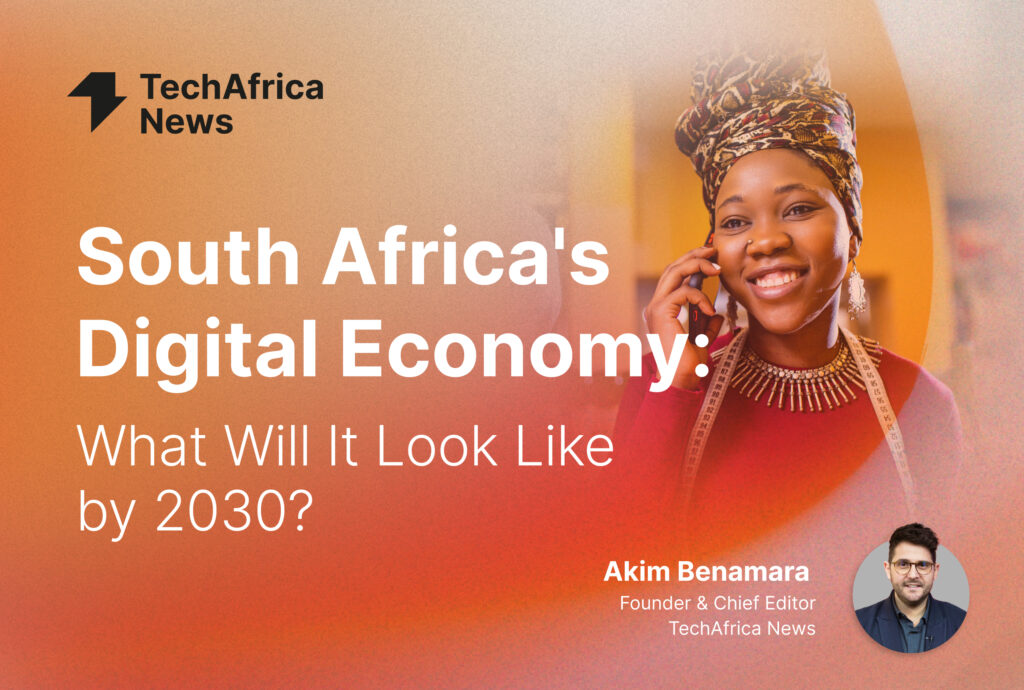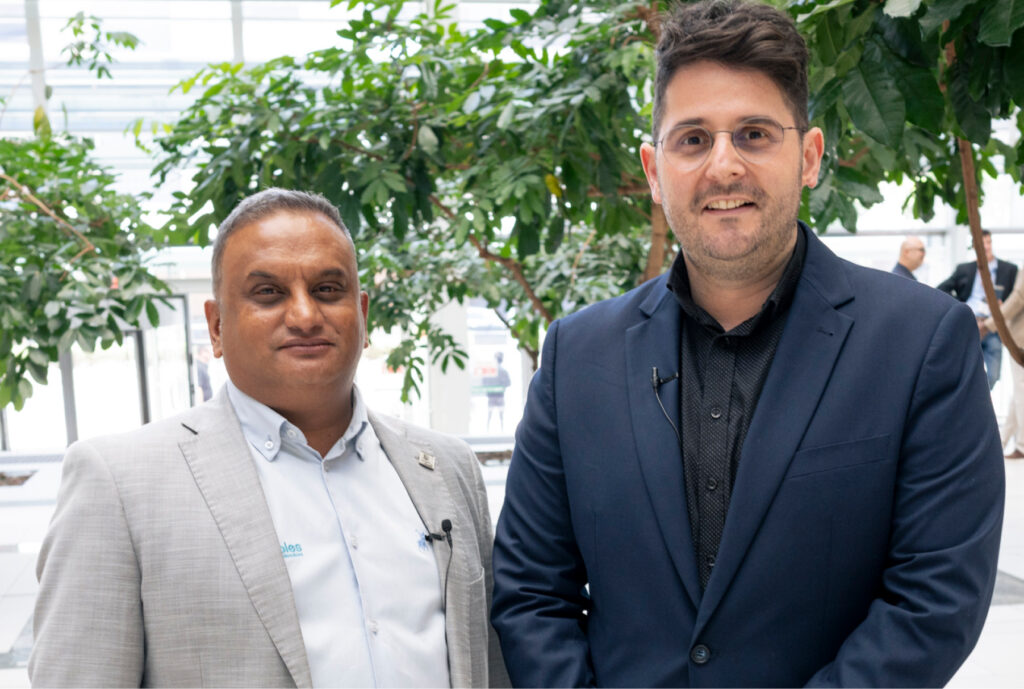Google’s Roadmap for Africa: AI Innovation, Skills, and Digital Transformation
AI policies aim to transform Africa’s economy, fostering innovation, infrastructure, skills development, and responsible adoption.

AI has the potential to transform Africa’s economy, adding over $30 billion to its economy and driving progress across various sectors. This transformation is already underway. AI is bringing easy-to-use ultrasound checks to remote areas, helping governments bring electricity to villages, and connecting youth with jobs through mobile search. A new report, “AI Policy Blueprint for Africa ”, provides a roadmap to accelerate this progress.
This blueprint arrives at a significant moment. The African Union recently adopted its Continental AI Strategy, and individual nations, like Rwanda, South Africa, Nigeria and Kenya, have either adopted or are currently developing their own AI frameworks. Commissioned by Google and developed by Nextrade Group, this blueprint is designed to support these ongoing efforts, offering perspectives on implementation and further strategic development.
The blueprint draws on insights from over 2,000 African firms, students, and other stakeholders, reinforcing the message that proactive AI policies are crucial. The research reveals an important correlation: African countries with established, pro-digital policies have significantly higher AI adoption rates.
Building on Google’s AI Sprinters report, the blueprint outlines four key pillars for governments to consider when developing a roadmap to fully realize AI’s potential:
- Building robust digital infrastructure: This entails investment in expanded fiber optic networks and data centers, alongside promoting a “cloud-first” approach in the public sector, where governments prioritize cloud-based solutions for data storage and service delivery.
- Investing in AI skills development: Promote national initiatives to equip citizens with the skills needed to thrive in an AI-powered world.
- Fostering an ecosystem of AI innovation: Through AI sandboxes and living labs, national AI R&D and startup investments, and cross-border data transfer policies.
- Developing responsible AI policies: This requires establishing harmonized data protection and promoting a risk-based approach to regulation, focusing on regulating high-impact AI applications.
These pillars provide a framework for creating an environment where AI can drive progress across all sectors. It’s crucial that this progress be inclusive, ensuring the benefits of AI reach all of society.
Across Africa, businesses are embracing AI, with a majority of those surveyed already using generative AI, for everything from research to marketing to coding – with many predicting significant revenue growth. A recent Ipsos study reveals that Africans are optimistic about AI’s potential, but they recognize that governments must play a crucial role. They expect their leaders to ensure AI is used responsibly, to equip young people with essential AI skills, and to support small businesses.
To help governments meet these expectations, the blueprint offers suggestions and best practices. It also highlights the importance of governments leading by example and adopting AI solutions themselves.
To further support these efforts, Google is partnering with the UK Foreign, Commonwealth and Development Office, Wilton Park, the African Observatory on Responsible AI, and the African Leadership University to convene a gathering of African policymakers and researchers. The event, taking place this week, brings together stakeholders to discuss how to create a thriving and inclusive AI sector in Africa. I am incredibly excited about the potential of this gathering to spark new ideas and catalyze joint action.






